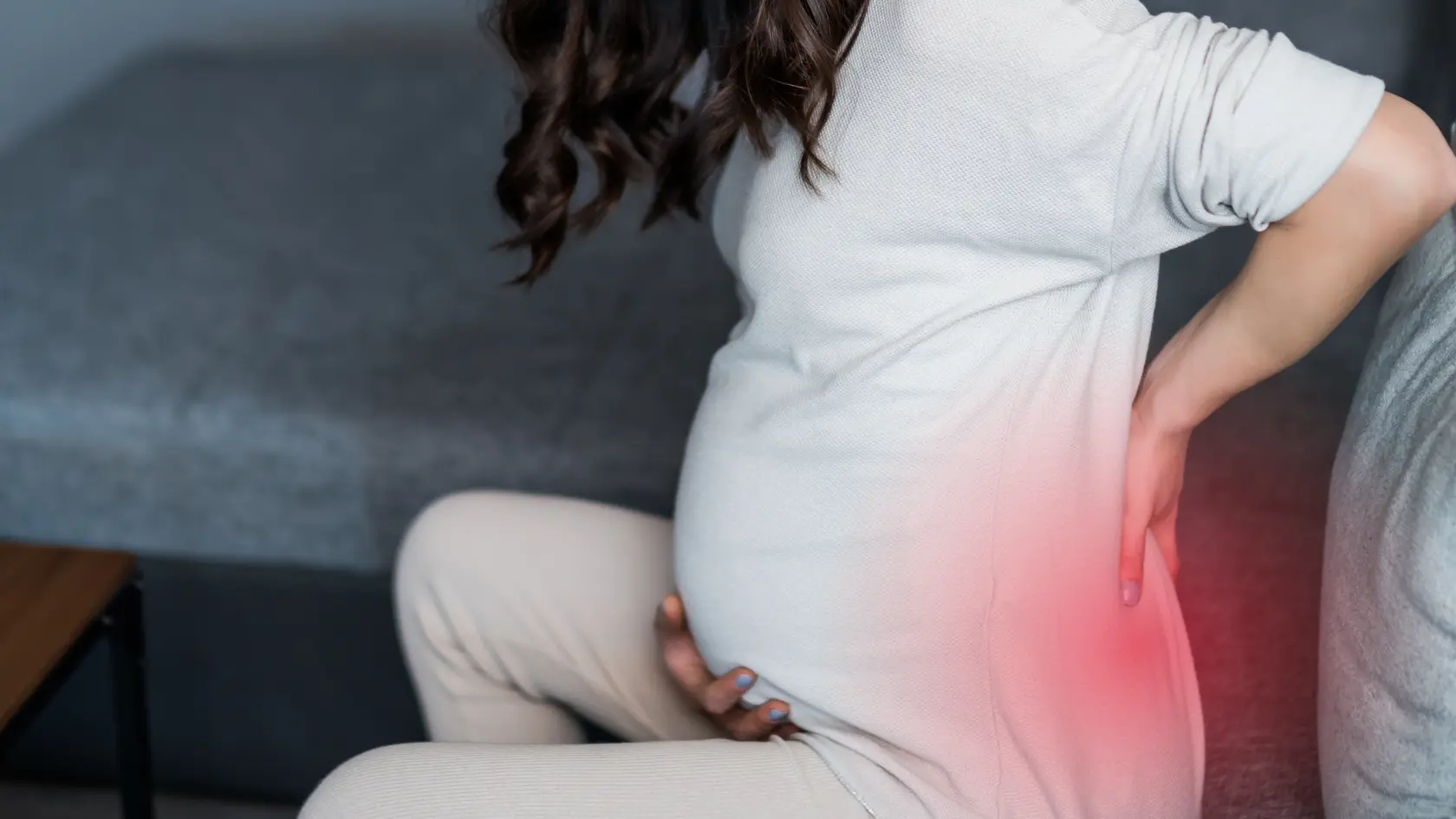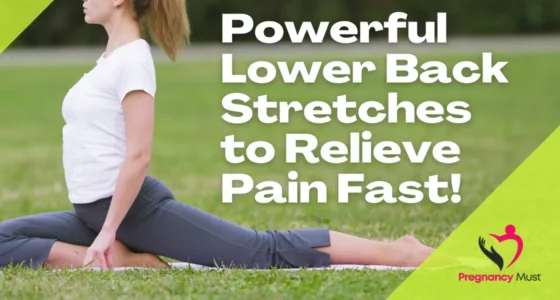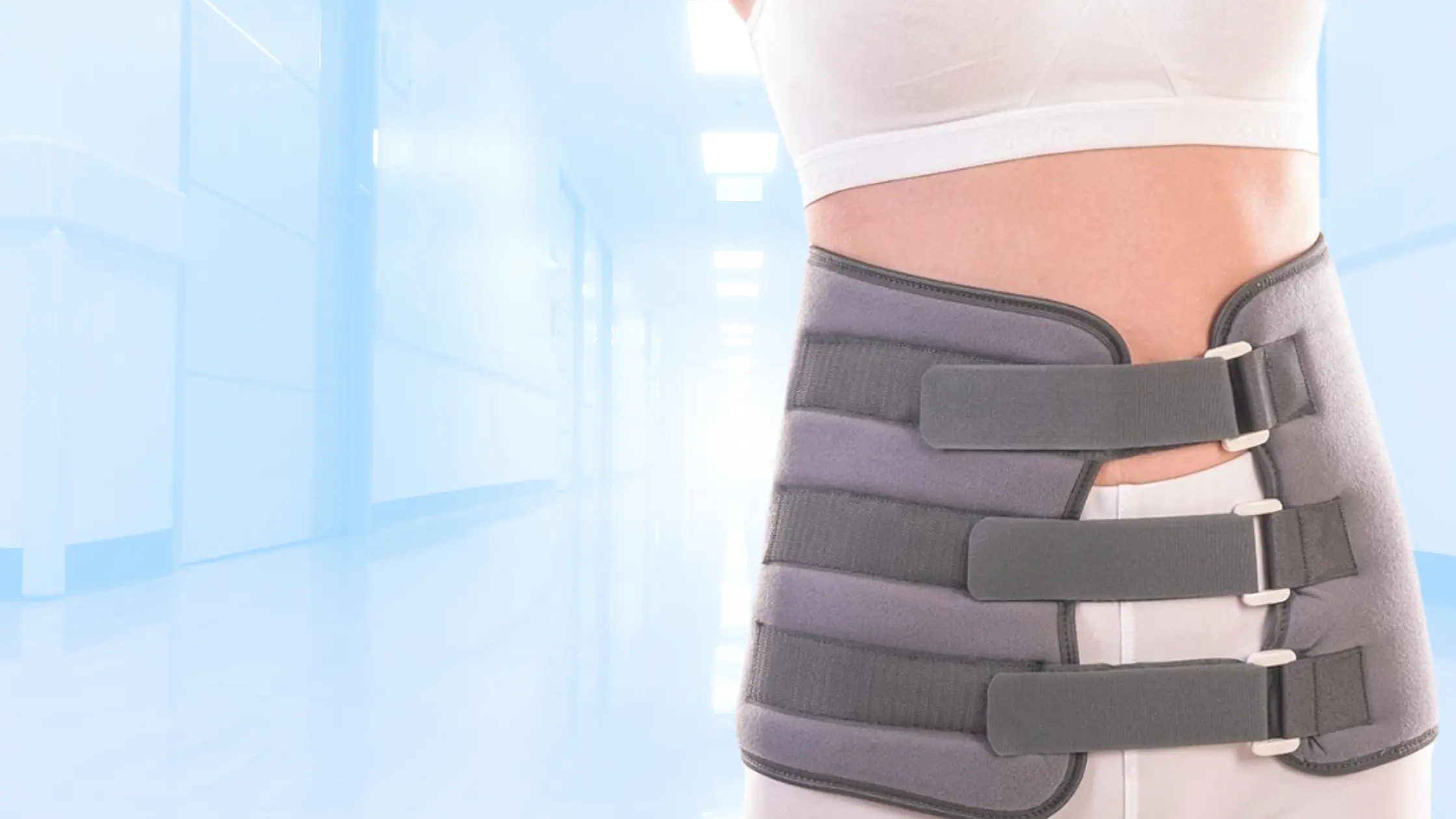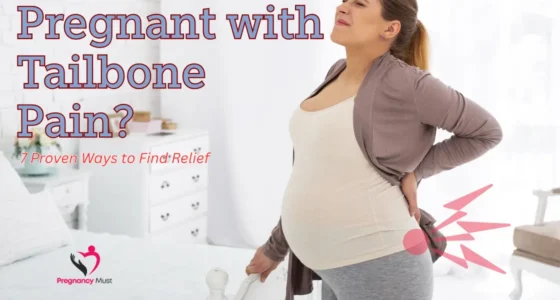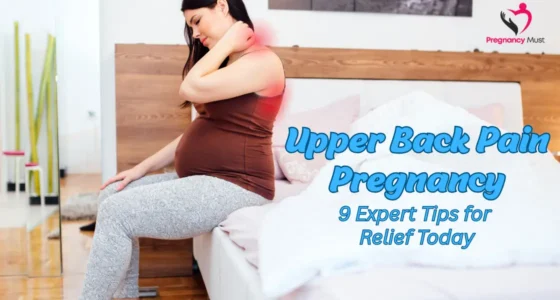Natural hip ache remedy during pregnancy is a need for every expectant mother as she undergoes many changes, and hip ache is one of the most prevalent problems that expectant mothers experience. This is a problem that can be very distressing in the second and third trimesters when the body changes a lot. If you’re experiencing this discomfort, you’re not alone, and fortunately, there are several remedies available to help alleviate the pain. In this article, we’ll cover various hip ache remedies, including natural solutions, lifestyle adjustments, and medical treatments, specifically geared toward pregnancy and maternity.
Table of Contents
- What Causes Hip Ache During Pregnancy?
- Hip Ache Natural Remedy Methods During Pregnancy
- Lifestyle Adjustments to Reduce Hip Ache During Pregnancy
- When to Seek Medical Help for Hip Ache
- Medical Treatments for Hip Pain During Pregnancy
- Prevention Tips for Hip Ache During Pregnancy
- FAQ: Hip Ache Remedy During Pregnancy
- Conclusion: Natural Hip Ache Remedy During Pregnancy
What Causes Hip Ache During Pregnancy?
Knowing the cause of the pain is a must to choose the hip ache remedy method. The main causes of hip ache during pregnancy are related to the physical changes your body undergoes to accommodate the growing baby. As the baby grows, your body produces a hormone called relaxin, which helps loosen ligaments in preparation for childbirth. This can lead to increased pressure on your hips and pelvis, contributing to pain.
Additionally, as your body changes shape, your center of gravity shifts, which can place added strain on the hips. Weight gain and changes in posture also play a role in triggering hip ache.
Hip Ache Natural Remedy Methods During Pregnancy
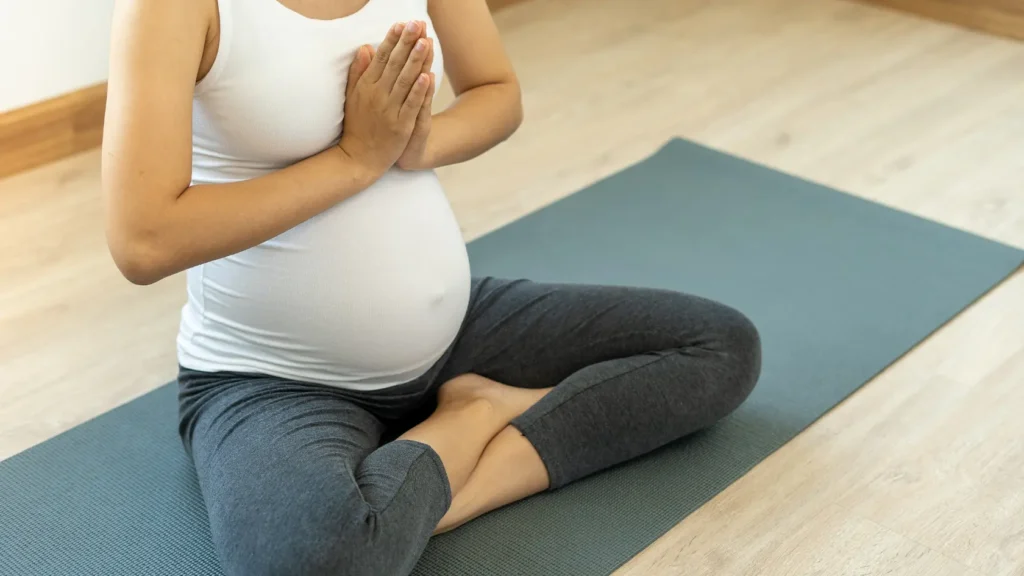
While medical interventions are sometimes necessary, many expectant mothers prefer to start with natural hip ache remedy methods that can be just as effective for treating hip ache. Here are a few that can help:
1. Prenatal Yoga and Stretching
Prenatal yoga is a non-vigorous but effective hip ache remedy during pregnancy, and it is also beneficial both physically and mentally. Prenatal yoga, which is aimed at specifically pregnant women, involves soft movements that are done in a mindful manner, and they aim at increasing the flexibility, decreasing tension and increasing circulation. These benefits are especially important for targeting the hips, which often bear the brunt of physical changes as your pregnancy progresses. Numerous poses aid in opening the hips, stretching the muscles and releasing the strain that accumulates in the pelvic area. Besides relief of discomfort, regular prenatal yoga may also aid the development of the muscles around the hips, thus providing long-term relief and decreasing the risk of future pains.
• Cat-Cow Stretch: This flow of movements is excellent for increasing mobility in the lower back and pelvis. It not only helps stretch the hips but also aids in loosening up tightness in the spine. The movement encourages better blood flow to the area, relieving tension and improving flexibility in the hip joints.
• Pelvic Tilts: This is a fast, yet practical exercise that will work to strengthen the core muscles that hold the lower back and pelvis. Through practicing pelvic tilts on a regular basis, you will be able to relieve lower back and hip pains, as well as better posture, which can reduce the amount of strain the hips are exposed to.
• Pigeon Pose: Known for its deep stretch, pigeon pose targets the hips, glutes, and thighs. It helps to release tension in the hip area by stretching the muscles deeply and encourages better alignment of the pelvis. This pose, along with other hip-opening stretches, can reduce the stiffness that contributes to discomfort in the hips during pregnancy.
2. Heat and Cold Therapy
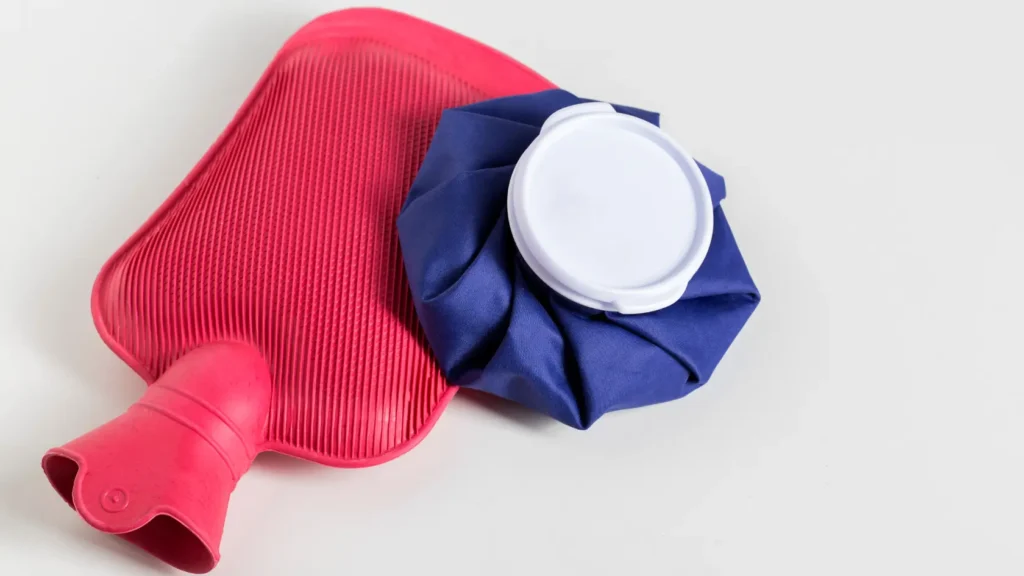
Two of the easiest yet effective remedies of the hip ache during pregnancy include heat and cold therapy. By switching on and off the warm and cold therapies, you are able to deal with both the stiffness of the muscles and the inflammation that usually causes the discomfort in the hips. These are non-invasive measures, which may offer fast pain relievers in aches and pain.
• Heat Therapy: This can be done by applying a warm compress or heating pad on the hips to relax spasmodic muscles and bring more blood to the hips. The tension that accumulates in the muscles that surround the hips, lower back and pelvic area can be alleviated through heat therapy. It is very handy to relieve stiffness, especially at the end of a long day standing or walking. Heat is also beneficial in increasing the range of the muscles, which may facilitate movement and alleviate pain.
• Cold Therapy: When cold packs are used around the hip, they may help to reduce the swelling or an injury that causes the pain. The principles of cold therapy include narrowing of blood vessels, decreasing of blood flow to the injured part and limiting inflammation. When you are in acute pain or swelling, cold therapy will be able to assist you in immediate pain relief by numbing the area and making the discomfort feel less painful.
By alternating between hot and cold treatments, you can effectively manage both muscle pain and swelling. This approach helps target the various factors that contribute to hip ache, providing comprehensive relief during pregnancy.
3. Massage Therapy
Massage therapy a wonderful hands-on hip ache remedy during pregnancy and has both short and long-lasting effects. A certified prenatal massage therapist is also trained to utilize massage methods that are safe to pregnant women, targeting areas of pain including the hips, lower back and pelvis. Prenatal massage is a combination of kneading, light pressure and stretching that loosens tight muscles and opens up circulation. Regular massaging can enhance flexibility in the hips and ease the tension that builds up as a result of the physical changes taking place on your body during pregnancy.
Massage treatment relieves pain in the muscles surrounding the hips and the area around the pelvis, and improves general comfort. It further facilitates relaxation, which is significant in dealing with stress and tension that are usually linked to pregnancy. Also, massage can enhance circulation, decrease swelling, and improve the health of tissues and muscles. In the long term, there is a possibility of hip ache prevention through regular prenatal massage to maintain the muscles loose and minimize the chances of stiffness and strain.
4. Chiropractic Care
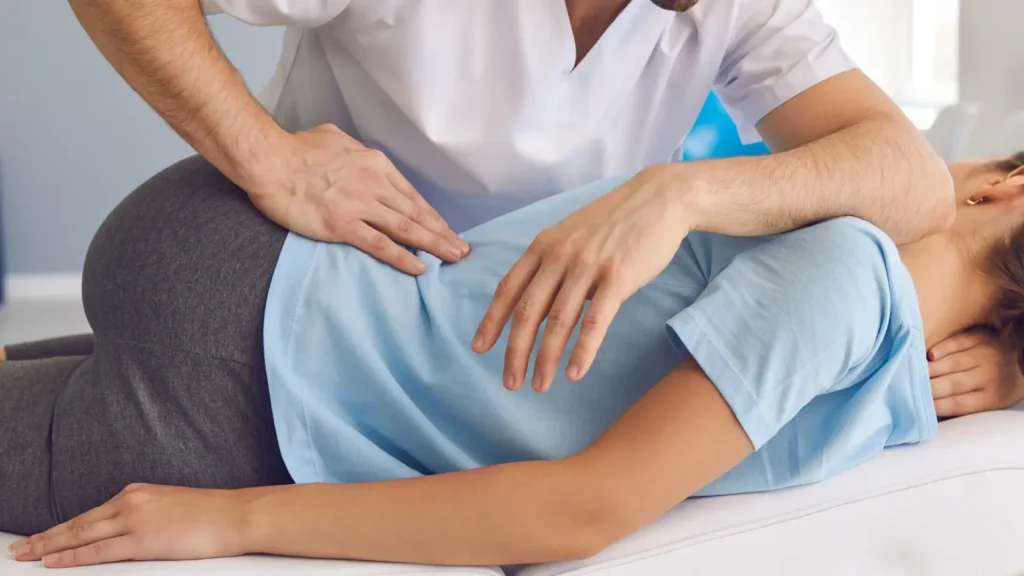
Chiropractic treatment is a non-invasive hip ache remedy in the course of pregnancy because it involves spinal and pelvic realignment. The center of gravity of the body changes with pregnancy and may lead to postural changes that strain the hips and pelvis. Prenatal chiropractors make gentle adjustments to the spine and pelvis to help alleviate pressure on the hips. Chiropractic adjustments can also help posture, alleviate hip pain, and prevent soreness in other body parts that can result from improper positioning. Chiropractic treatment does not just reduce the instantaneous pain in the hips but also contributes to the general body mechanics. Proper posture alleviates the pressure on the hips and joints, thus avoiding pain and discomfort in the future. Furthermore, regular chiropractic care can assist the body in coping with the alterations caused by pregnancy, which means that it is going to be a more enjoyable process as your pregnancy develops.
5. Proper Sleep Positioning
The position of sleep is also very important in dealing with the hip ache during pregnancy, particularly as your body adapts in the later months. The belly swelling, the change of body weight can add more load on hips especially during long sleeping hours. By sleeping in the correct position this pressure can be decreased and discomfort minimized.
One of the most effective methods of supporting your body during sleep is using a pregnancy pillow. The pillows are also expected to support your now-enlarged belly, hips, and lower back, so the pillows do not sink into uncomfortable positions. Taking a nap with the pregnancy pillow between your legs will ensure that your hips are straight so as not to strain them, and it will allow you to be in a relaxed mode. This position not only relieves hip discomfort, but also prevents stiffness that sleeping on one side causes after an extended period of time. A pregnancy pillow can help to improve the quality of sleep and reduce the risk of the hips hurting in the morning.
Lifestyle Adjustments to Reduce Hip Ache During Pregnancy
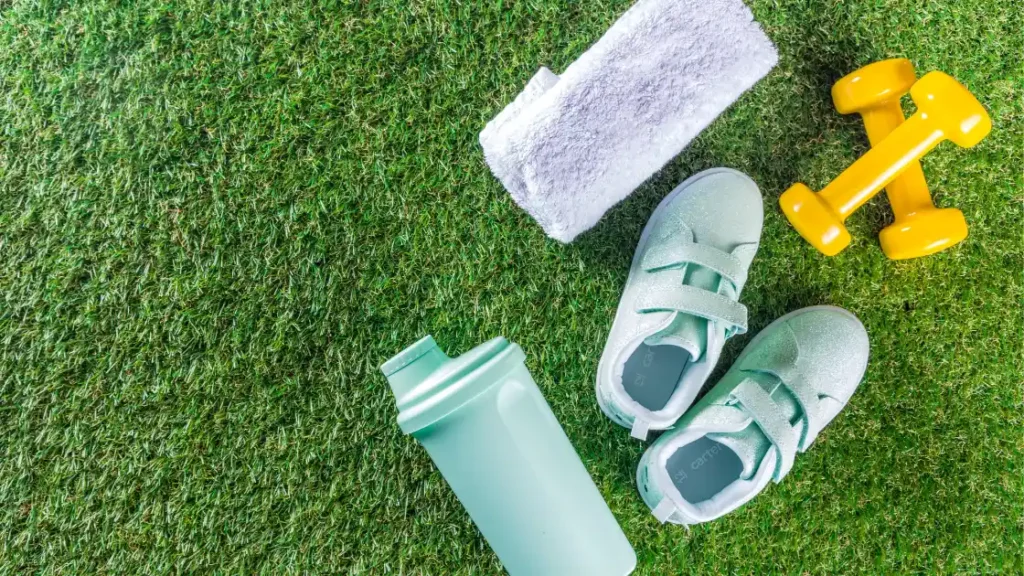
Making a few lifestyle changes can also make a big difference in managing hip ache during pregnancy.
1. Maintain a Healthy Weight
Gaining excess weight in pregnancy may cause an additional burden to your hips and joints, causing greater discomfort. Essentially by adhering to your doctors weight gain tips and keeping to a good weight, you can reduce the chances of getting hip ache. Remaining within the suggested range of weight also makes the pregnancy more comfortable by reducing the pressure at your hips.
2. Stay Active
Exercises such as walking and swimming keep your body active and flexible, keeping your muscles and joints flexible, which can help to prevent hip ache. Exercise also makes the muscles around your hips stronger, thus improving posture and helping to ease the strain. It is always important to consult your healthcare provider before initiating a new exercise regimen to get a feel for whether it would be safe to continue it during pregnancy.
3. Use Supportive Footwear
The right shoes are necessary to alleviate the pain in hips. Arch support and cushioned shoes are good to share your weight evenly taking the burden off your hips. High heels should be avoided because they can change your posture and increase hip pains. Rather, use supportive, comfortable footwear to reduce the pain.
When to Seek Medical Help for Hip Ache
While most cases of hip ache during pregnancy are manageable with natural remedies, there are situations where you should consult your doctor:
- Severe or sudden hip pain: In the case of a severe pain, sharp pain, or sudden pain, it may be an indicator of a more critical condition, including a hip injury or a disease, such as hip labral tear or joint dysfunction. It has to be properly diagnosed and treated with urgent medical care.
- Pain with swelling: In case your hip pain is accompanied with apparent swelling, redness, or warmth in the area of pain, this may be an indication of an inflammatory process or infection. One should also consult the medical professionals in order to exclude such serious conditions as bursitis or infection that may be treated with medical care.
- Pain that doesn’t improve: When you still experience pain in your hip even after trying natural remedies, heat/cold therapy, or over-the-counter pain relief, it might be a symptom of an underlying condition that needs to be considered by a specialist. A medical professional might have to determine the source of your pain and prescribe more targeted therapies, such as physical therapy or radiology.
Medical Treatments for Hip Pain During Pregnancy

Medical therapies may be necessary to relieve the pain in your hip if the natural hip ache remedy methods and adjustments to lifestyle are not enough. Some options include:
Physical Therapy
Physical therapy may assist in strengthening the muscles surrounding the hips and pelvis to alleviate pain and prevent future pain. A physical therapist may develop a specific set of exercises to focus on the resolution of your particular pain, prioritizing the state of flexibility and stability of the joints. Such exercises also help to improve your posture, which will lessen the load on your hips and relieve pain.
Medications
In other instances, physicians can prescribe painkillers that are safe to use during pregnancy. Generally, it is believed that most pregnant women can take acetaminophen and that they should not take any nonsteroidal anti-inflammatory drugs (NSAIDs) such as ibuprofen without a medical directive. Do not take any medication without consulting your doctor, because that may not be safe for you and your baby.
Support Belts
The pregnancy support belts may also give additional support to your growing belly and hips and relieve a lot of strain, which causes hip pain. They have belts, which are worn under your clothes and are very useful, particularly when you are on your feet for long hours. They assist in making the pelvic area stable, taking the pressure off and making the overall process more comfortable.
Prevention Tips for Hip Ache During Pregnancy
Although you cannot always avoid hip ache, you can still do a few things to reduce your risk of getting it:
- Strengthen your core: By developing the abdominal muscles, which enhance posture, you take the pressure off your hips. The core is useful in supporting your swelling belly and keeping your pelvis straight to reduce hip pain.
- Stay hydrated: Water keeps your joints greased, which helps them to feel less stiff and painful around the hips. When the body is well hydrated, it assists in the functioning of the muscles, preventing cramps and facilitating overall movement.
- Practice good posture: Proper posture, sitting and standing with your shoulders in the back and the weight evenly proportioned, can be one of the most important things to relieve the pressure on your hips. This alignment will eliminate unnecessary stress on your pelvis and lower back, thus making your day much more comfortable.
- Stretch regularly: Stretching, especially in the hips and pelvis, will keep the body flexible. The tightness, poor circulation and stiffness are some of the symptoms that can be relieved by stretching on a regular basis to help ease hip ache during pregnancy.
FAQ: Hip Ache Remedy During Pregnancy
1. Is it normal to have hip ache during pregnancy?
Yes, hip ache is a common experience during pregnancy, especially in the second and third trimesters. It is usually caused by the growing baby, changes in posture, and the loosening of ligaments.
2. Can I take painkillers as a hip ache remedy during pregnancy?
Over-the-counter painkillers like acetaminophen are generally considered safe for pregnant women. However, always consult your doctor before taking any medication during pregnancy.
3. When should I see a doctor for hip pain during pregnancy?
If your pain is severe, doesn’t improve with natural remedies, or is accompanied by swelling, you should seek medical advice.
4. Can prenatal yoga really help with hip ache?
Prenatal yoga includes gentle stretches that can help relieve hip ache and improve flexibility, making it an excellent option for expectant mothers.
5. What is the best sleep position to reduce hip ache during pregnancy?
Sleeping on your side with a pregnancy pillow between your legs can help relieve pressure on your hips and reduce discomfort.
Conclusion: Natural Hip Ache Remedy During Pregnancy
The hip ache in pregnancy can be a hard thing to tolerate; however, when the correct hip ache remedy is used, you can easily cope with the hip ache and live a much better pregnancy. Natural remedies such as yoga and massage therapy, lifestyle changes, and medication all abound as options to alleviate hip aches. Never attempt to use new remedies; always consult your healthcare professional to be assured that they are safe for both the baby and yourself.
Explore more on Pregnancy Must –
